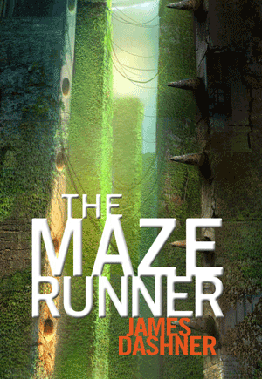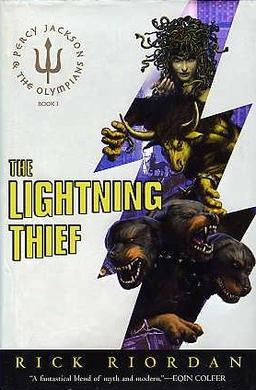Lists








8 Books
Perhaps
Sort by:
Recent Desc
It's a maybe.
More lists by Kasey

Books to Read
List includes: Defiance of the Fall
April 2025
0
L
@leederskf



Podcasts
List includes: My Dad Wrote A Porno, Dude, That's F****d Up, All Killa No Filla
January 2022
0
L
@leederskf


New TV Shows
List includes: Master of None, The Marvelous Mrs. Maisel
January 2022
0
L
@leederskf



Favorites
Some of my favorite books of all time.
April 2021
0
L
@leederskf



To Read!
On my to do list.
April 2021
0
L
@leederskf